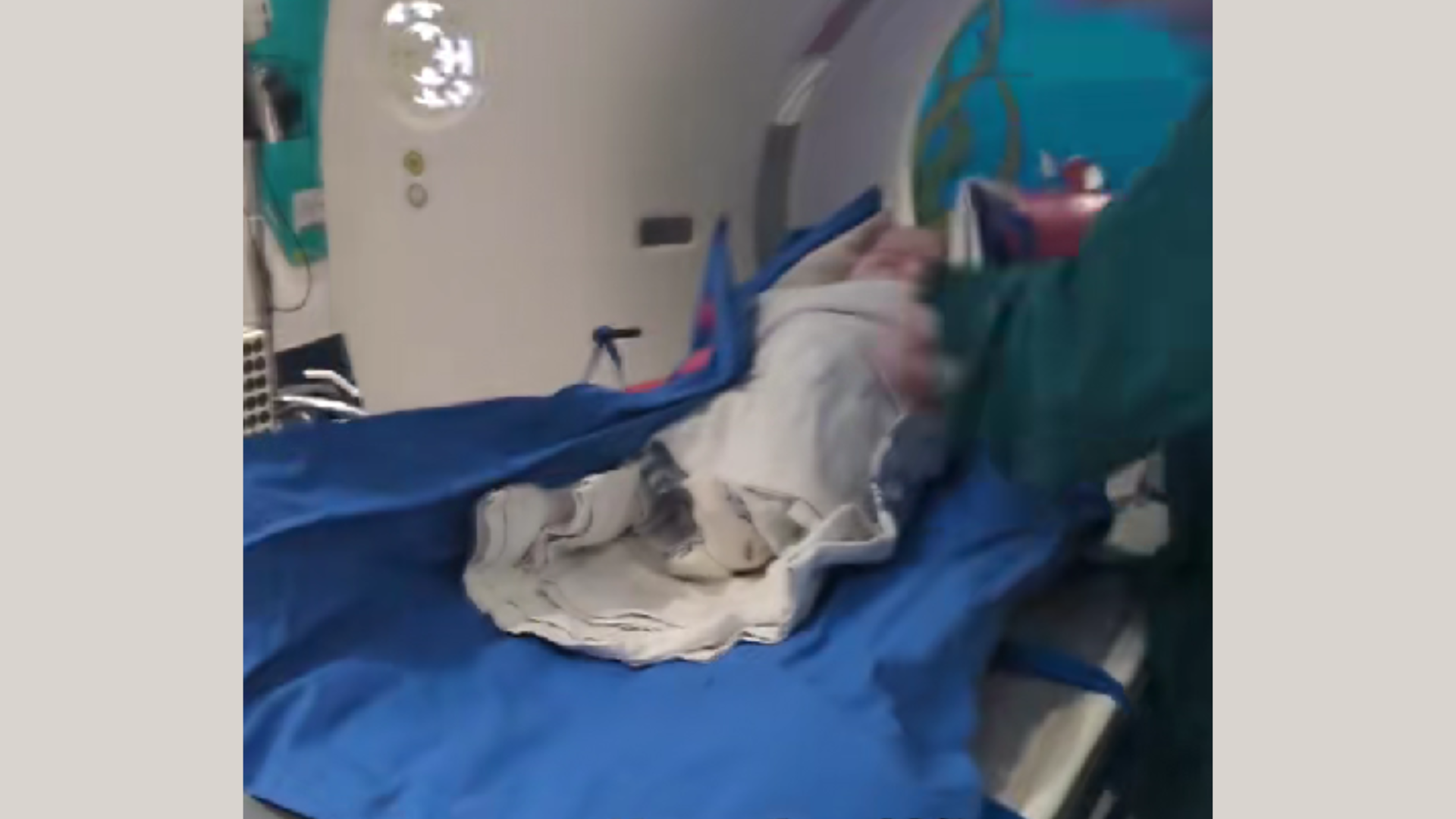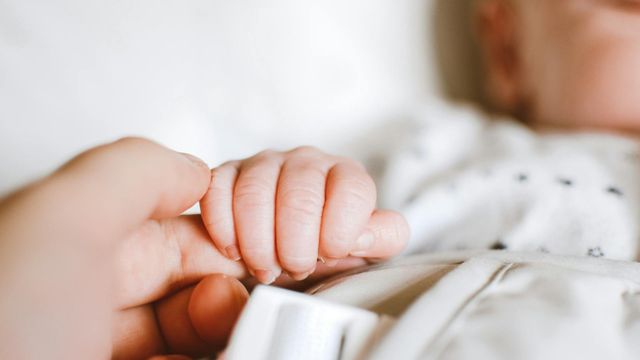Persephone Biosciences ring the alarm on state of gut health in babies born in the U.S

Bifidobacterium is the cornerstone of an infants’ microbiome, but findings published recently in Communications Biology indicated that Bifidobacterium infantis was missing in 92% of infants.
While the cause of the deficiency was not the focus of the study, Stephanie Culler, PhD, CEO and co-founder of Persephone Biosciences, the company that conducted the study, suggested the decline of Bifidobacterium prevalence coincides with industrialization: Bifidobacterium, and B. infantis in particular, still dominates the infant microbiome in pre-industrial societies.
“Modern practices like C-section birth, poor diet, and antibiotic use all contribute to their decline,” she told NutraIngredients. “Bifidobacterium, and particularly the most relevant species for infant health, are often obtained from the mother. If the mother does not have the right species, then they will not be passed to the baby, so the decline continues from one generation to the next.”
The study
In this cross-sectional study, researchers collected and analyzed stool samples from 412 subjects ranging in age from 4 weeks to 12 weeks for two years.
The initial findings show that 76% of U.S. infant guts had deficient levels of Bifidobacterium and 25% of subjects lacked any observable Bifidobacterium altogether.
“The My Baby Biome study will monitor health trends for seven years, but alarming trends are already evident by two years of age, with 30% of infants suffering from allergies, asthma, and/or eczema/dermatitis,” wrote the researchers.
“Additionally, we have observed that infant Bifidobacterium have a protective effect, reducing relative risk in the population.”
Dr Culler said that since proper gut function is essential for healthy immune system development, this could extend to much later in life, increasing the risk of autoimmune disease, diabetes or even cancer.
“In the very short term, we know that a healthy gut reduces colic, constipation and general GI discomfort,” she said.
“One of the most insightful studies I’ve worked on”
The My Baby Biome study is one of the largest and most comprehensive studies on infant microbiomes undertaken in the U.S. to date. The research is backed by a diverse representation of U.S. babies, including race, geography, method of birth and socioeconomic background.
“In my over 50 years as a pediatric clinician and researcher, this is one of the most insightful studies I’ve worked on,” stated Richard Insel, MD, Persephone’s Chief Medical Advisor and Research Professor at the University of Rochester School of Medicine & Dentistry, in a press release.
“The scale and diversity of this cross-sectional study are unparalleled. The results show that disruptions in babies’ gut microbiomes are strongly linked to childhood allergic diseases and point to potential methods to prevent allergic diseases and other chronic inflammatory childhood diseases.”
“The urgency of the data compelled us to publish early”
While the study still has five years to go, the initial findings from The My Baby Biome study paint a stark picture of the state of gut health in babies born in the U.S., who may not have enough good bacteria to protect them.
“The first 1,000 days of life are a foundational window for microbiome and immune development, shaping lifelong health. As soon as we obtained the two-year health outcomes from the My Baby Biome study, a concerning and consistent pattern emerged: a clear association between disrupted early microbiome composition and the onset of atopic diseases such as eczema, asthma, and food allergies,” Dr Culler said.
“Given the scale of these health risks and the preventable nature of many early-life microbiome disruptions, we felt a strong ethical and scientific responsibility to share these findings immediately. Waiting several more years to publish would have meant delaying critical awareness for pediatricians, researchers, and parents at a time when intervention is still possible. The urgency of the data compelled us to publish early to inform and empower the scientific, medical, and consumer communities to act now.”
Persephone to address modern epidemic with synbiotic
Based on data from the My Baby Biome study, Persephone Biosciences will launch a proprietary infant synbiotic to support gut and immune health in babies and toddlers.
“Data from the My Baby Biome study helped us determine the right formulation for a synbiotic (probiotic + prebiotic) to ensure a robust Bifidobacterium population,” Dr Culler told NI.
The synbiotic, slated to launch later this year, will combine clinically validated probiotic strains B. infantis, B. longum and B. breve along with HMOs and vitamin D. The synbiotic is currently undergoing confirmatory testing as part of the company’s ARTEMIS trial.
Source: Communications Biology, doi: 10.1038/s42003-025-08274-7, “Bifidobacterium deficit in United States infants drives prevalent gut dysbiosis” Authors: J. Jarman et al.
link




:max_bytes(150000):strip_icc()/asian-sick-little-girl-lying-in-bed-with-a-high-fever-952683074-5b5b784046e0fb005027ca13.jpg)

